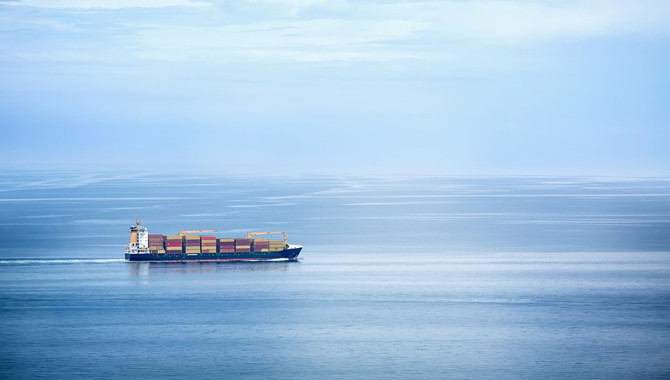A more ambitious decarbonisation strategy for international shipping

Last week, the 175 member states of the International Maritime Organization (IMO) unanimously agreed on an ambition to reach net-zero GHG emissions from international shipping close to 2050.
Shipping of cargo and passengers within, into and from the EU/EEA will be subject to carbon pricing through the EU emission trading system (ETS) from 1 January 2024. It is expected to cost the industry some EUR 8-10 billion per year once fully implemented in 2026. The new IMO strategy also introduces emission pricing mechanisms with different approaches to be assessed.
Clarksons estimate that 44% of the global order book was alternative fueled in the first half of 2023. Front runners have been using alternative fuels for years and have gained experience and built supply chains. In the more fragmented fuel landscape, availability could be a risk and it is vital that the global bunkering infrastructure keeps pace with the developments in the industry. Green shipping corridors and the ambitions in the Clydesbank Declaration will be imperative in the transition.
There will be an alteration of risk. If a vessel grounds, the environmental implications of a possible bunker oil spill pose considerable concerns. Alternative fuels are generally less harmful to the immediate environment but present us with potential safety consequences. Ammonia is highly toxic; hydrogen is explosive, and batteries can catch fire. New technology could also alter the risk picture for machinery failures, and the correct operations and handling of new fuels will be vital.
At the same time, it is worth bearing in mind that the transition from sail to coal to heavy fuel oil also caused considerable skepticism and concerns.
